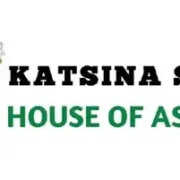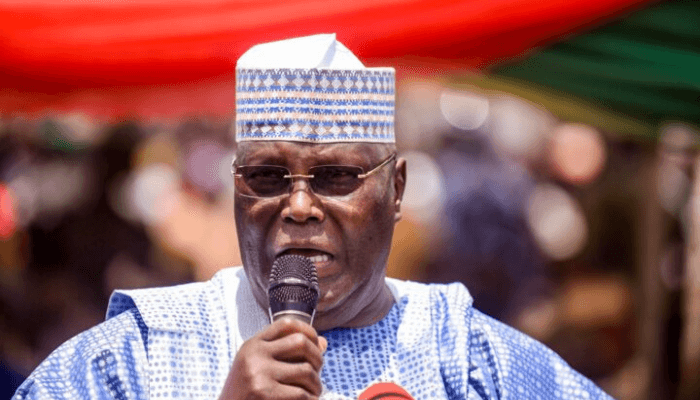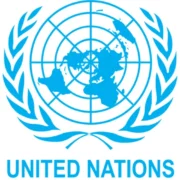
The federal government of Nigeria has committed more than $500 million to creative, profitable, equitable, and long-term food system transformation efforts in the country. Vice President Kashim Shettima announced while chairing a high-level meeting on the first day of the United Nations Food Systems Summit. The United Nations Secretary-General, Antonio Guterres, declared the Summit open in Rome, Italy.
According to Shettima, the money was raised “through domestic resources, multilateral development banks, international financial institutions, climate funds, and leading agro-businesses.”
It would be used for “Innovation finance for food system transformation; development of Nigeria’s agro value chain and Special Agro-Industrial Processing Zones programs,” according to the Vice President.
He added, “In this event, the Government of Nigeria will be showcasing its Value Chain Development Programme (VCDP) as a unique example of a successful partnership between producers, the public sector and private operators.
The VP stated that “building on the success of the VCDP, the Federal Government is determined to capacitate Nigeria’s rural smallholders and operators, youth and women living below the poverty line to take advantage of the new Special Processing Zones.”
Vice President Shettima stated that the Special Agro-Industrial Processing Zones (SAPZ) “brings together local governments, IFAD, AfDB, IsDB, GCF, OLAM, and other private actors alongside the government of Nigeria for transformative financing of food systems that leave no one behind.”
During a panel discussion with Somalia’s Prime Minister, Hassan Sheikh Mohamud, Kenya’s Deputy President, Rigathi Gachagua, and Niger Republic’s Prime Minister, Ouhoudou Mahamadou, the VP stated that President Tinubu “is determined to transform the concept and meaning of modern governance” by demonstrating a commitment to the country’s food system.
“President Tinubu hit the ground running from day one of his administration, which is barely two months in office, and has thus declared a state of emergency in food security and taken it as a livelihood item within the National Security Council,” he says.
“We had two albatrosses around our necks: subsidy on petrol and multiple exchange rate system,” the Vice President stated of removing hurdles to economic progress.
“We removed the petrol subsidy from the start, just as President Ruto did in Kenya. To alleviate the effects of the subsidy termination, the government began releasing grains and fertilizers immediately. Also, a commodity marketing board has been established to continuously review and monitor food prices.”
“Along this way, the President has already approved the infusion of a huge quantum of funds towards repositioning of our security architecture because we have similar problems with Somalia and Kenya, especially in the northeast and northwest regions of the country. We are repositioning our security architecture to provide support for farms and farmers.”
Dr Alvaro Lario, President of IFAD, was present, as was H.E. Muhammad Suleiman Al Jasser, President of Islamic Development Bank (IsDB), Mrs Hassatau N’Sele, Vice President of AfDB, Reji George, Vice President of OLAM International, and Mrs Ejim Lovelyn, Vice President, Commodity Alliance Forum (Representative of Farmers).




















Comments